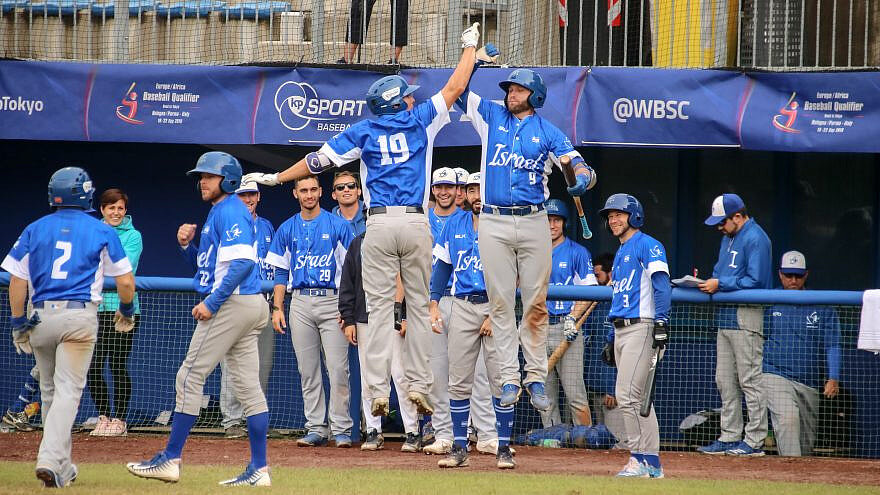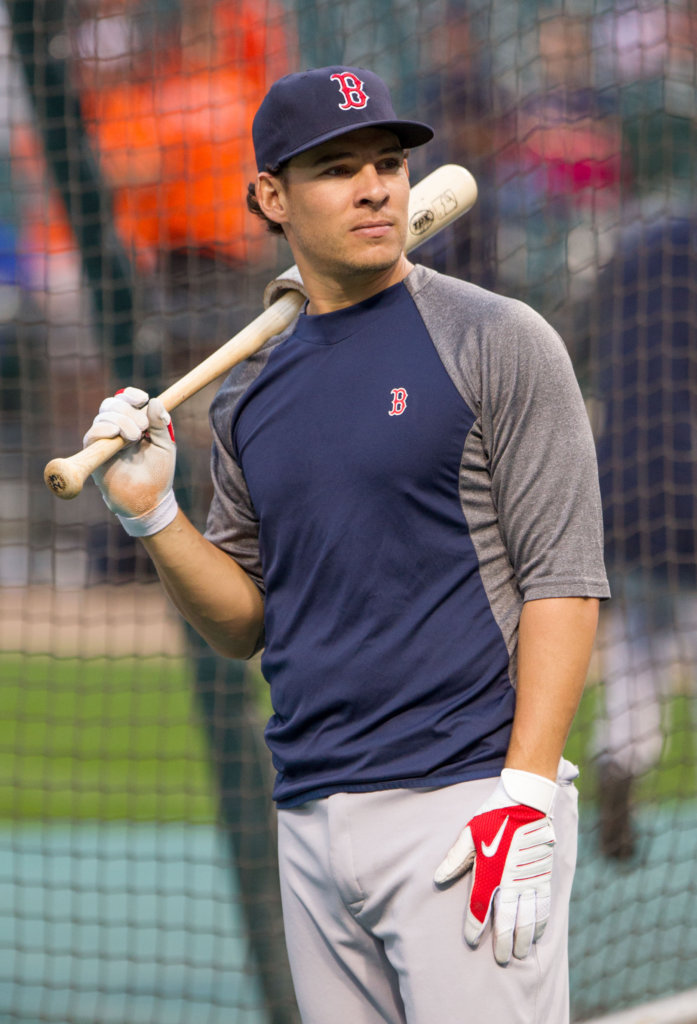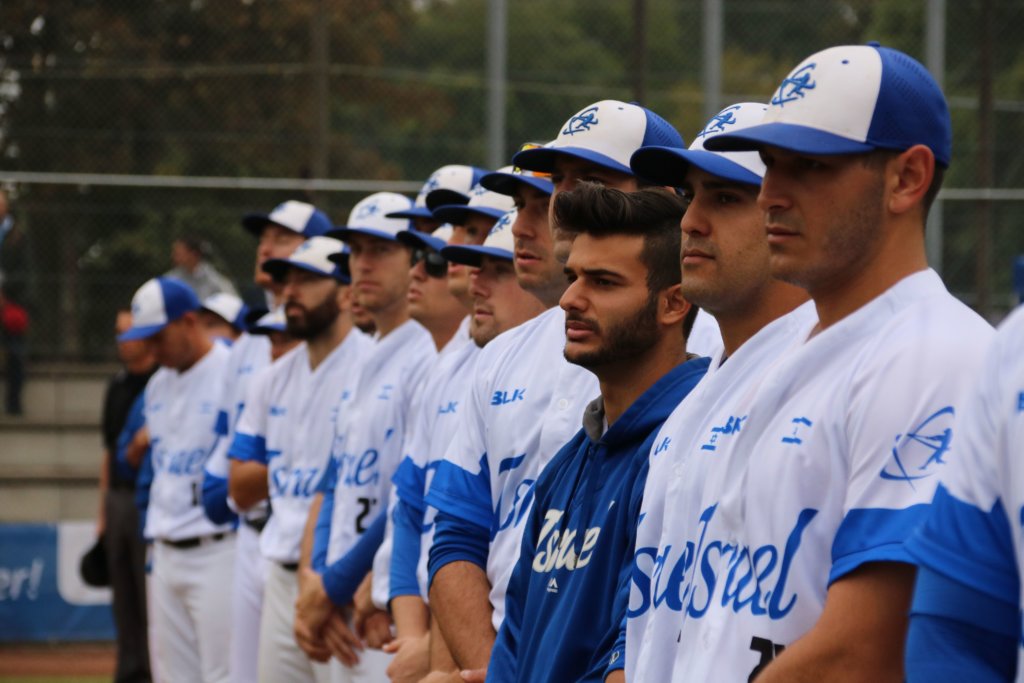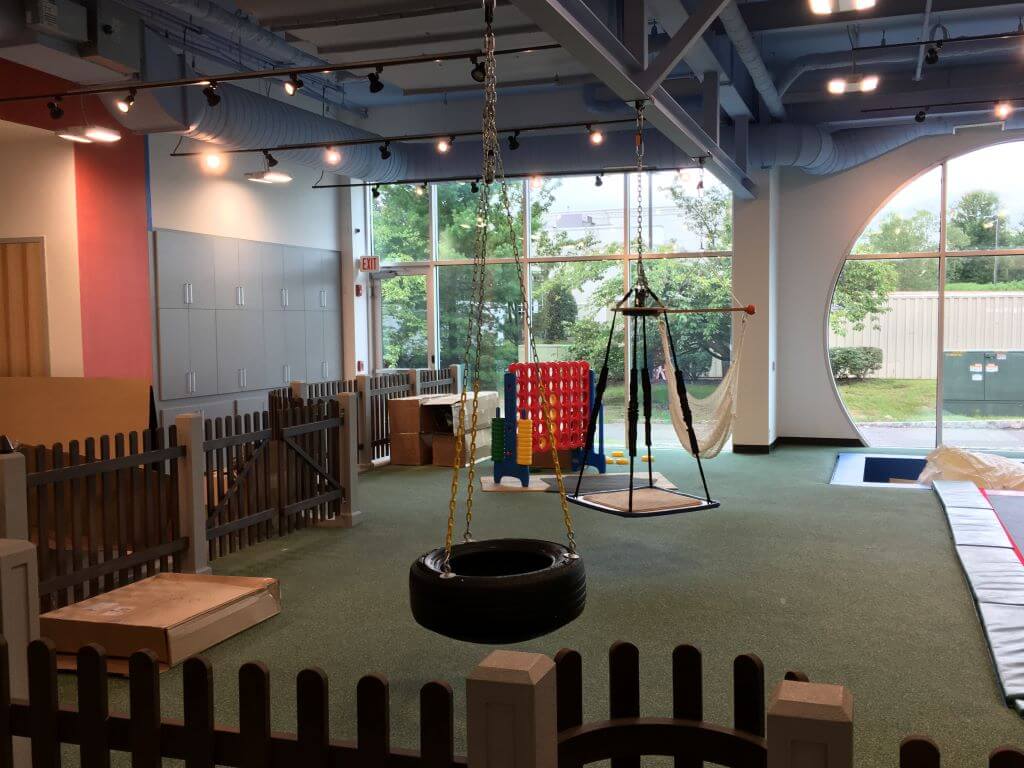The original Article Published On The Jerusalem Post
Cohen’s father and great grandfather both served as president the Orthodox synagogue which Zelermyer affectionately refers to as “The Shaar.”
NEW YORK – “Hallelujah! I’m your man!”
That’s how Cantor Gideon Zelermyer responded to Leonard Cohen when the famed Canadian singer/songwriter asked him in 2015 to collaborate with him on a song.
Zelermyer, cantor for the past 16 years of Montreal’s Congregation Shaar Hashomayim in Westmount, Quebec, had a unique and unusual professional and personal relationship with the late Cohen. The two corresponded by email for 10 years before the request for a musical collaboration emerged, which wound up being “You Want it Darker,” the title song of Cohen’s Grammy Award-winning final album released in 2016.
“When I got the email from Cohen at six o’clock in the morning [to work on the album], I shouted, woke up my family and wrote him back: ‘Hallelujah! I’m your man!’” recalled Zelermyer in an interview with The Jerusalem Post, marking the third anniversary of Cohen’s death.

Zelermyer is a man of many talents and interests. He is a skilled musician, a self-described “serious opera lover” and the father of sons aged eight and 11. He is also affable, funny, well-connected in the Montreal cultural community and a huge sports fan. The Rhode Island-born and Connecticut-raised tenor still roots for the Boston Red Sox, the Celtics and the New England Patriots. However, Zelermyer proudly roots for the hometown hockey team, the Montreal Canadiens. His wife is from Montreal, and he recently became a Canadian citizen after living there for 18 years.Cohen’s father and great grandfather both served as president the Orthodox synagogue which Zelermyer affectionately refers to as “The Shaar.”
Zelermyer and his Shaar musical team didn’t know at first what Cohen expected of them. They received a rough track from Los Angeles of what would become “You Want it Darker” – with just Cohen’s voice. They sent back a few options of how the track might sound, recorded with his music director, Roï Azoulay, and the synagogue’s all-male choir. Zelermyer and Azoulay recorded different musical options to complement Cohen’s vocal track. After the songs were produced, Cohen thoughtfully sent Zelermyer a thank you note – and a self-portrait.
The single “You Want It Darker” was released on September 21, 2016. The album came out one month later. Sadly, Cohen died a few weeks later on November 7. Zelermyer officiated at a mainly secretive, private family funeral in Montreal. A month later, Cohen’s family brought Zelermyer and the Shaar choir to Los Angeles to sing at a memorial service.
While Cohen never spoke of death with Zelermyer, or indicated a sense that death was imminent, the cantor noted “He was talking about it his whole life.” Zelermyer felt the album “makes sense – to work through his feelings. The tone of the record didn’t surprise me – with the echoes of kaddish, and the words of Hineni. You see he is placing his destiny in the hands of something higher.”
Zelermyer did not have many in-person meetings with Cohen. The cantor reflects “I was physically in the same room with Leonard three times: once at a concert in Ottawa, in Los Angeles for the 2016 record release, and at his burial.”
The cantor recalled having “very brief conversations.” He fondly recalls their in person meeting in Los Angeles. “I brought him a gift – a Yom Kippur machzor [prayer book], which I found at Shaar, given to his late sister at her Hebrew school graduation.”
ZELERMYER WAS HONORED to attend the 2017 Grammy Awards Ceremony at Manhattan’s Madison Square Garden, where Cohen, Zelermyer and the synagogue choir were awarded a Grammy Award posthumously. Perhaps somewhat ironically, Cohen’s Grammy, and the accompanying “certificate of participation” awarded to the cantor and his team as vocal soloists, is in the Best Rock Performance category. The award is for “You Want It Darker,” the first track on Cohen’s 14th and final album of the same name.
“It’s an amazing, loving, beautiful tribute to an amazing life in music,” observed Zelermyer. “It is such a bittersweet closure that the first solo acknowledgment of an artistic statement of his by the Academy and at the same time he’s not around to enjoy it. But it’s a tremendous honor to his legacy, and certainly, for our city.”
At the 50th Grammy Awards in 2007, Cohen received his first career Grammy for Album Of The Year, as a featured artist on Herbie Hancock’s River: The Joni Letters. In 2010, Cohen received a lifetime achievement award from the Grammy academy. In 2017, Cohen’s You Want It Darker won the Canadian Juno Award for Album of the Year.
“It is still a tremendous source of honor for me and the Shaar, to play a small but significant role,” explained Zelermyer. “It is wonderful validation of why we maintain the tradition.” Zelermyer recalled an interview Cohen gave not long before his death where he explained why he wanted to work with a cantor and choir.
Cohen told the publication Le Dernier Empereur in an October 19, 2016, interview, “Even as a boy I loved their singing. It is what made compulsory synagogue attendance enjoyable. I’ve wanted to work with the cantor and the choir for a long time. The touring years interrupted this intention. On a secondary but still urgent note, there are times when you want to show the flag, when you want to indicate that there is nourishment to be had from this culture, that it is not entirely irrelevant to the present situation, that it does not serve a nation’s best interests to reject and despise it. This is more important in some countries than in others.”
Zelermyer added, “This is really unbelievable. It is such a special statement of validation—that there is something to be gleaned from this tradition.” He noted nostalgically that there are very few synagogue choirs in the world which meet weekly. The Shaar has proudly featured a weekly choir since 1887.
Zelermyer regularly shares Cohen’s kind words about cantors and choirs with young cantors. “I tell young cantors – when you read something like Cohen’s quote, it should be an inspiration to take what you do seriously – you never know how it will impact others.”
The cantor reflected on Cohen’s legacy, and on why he is loved and admired by people worldwide. “He appealed to the searcher. He appealed to the everyman type of dynamic.” Zelermyer noted that Cohen went through many phases in his spiritual life – “he was interested in Scientology, Eastern religions, but he always gravitated to the religion of his childhood, he was always interested in Judaism.”
His devoted fans continue to come to Montreal to get to know and experience Leonard Cohen. “There is a steady stream of people at Shaar on Saturdays-from Europe and all over – to see where he is from and what he is like. They want to see his house, and where he ate bagels. They are so respectful and so deferential. They want to understand. They continue to search, as Leonard did.”












